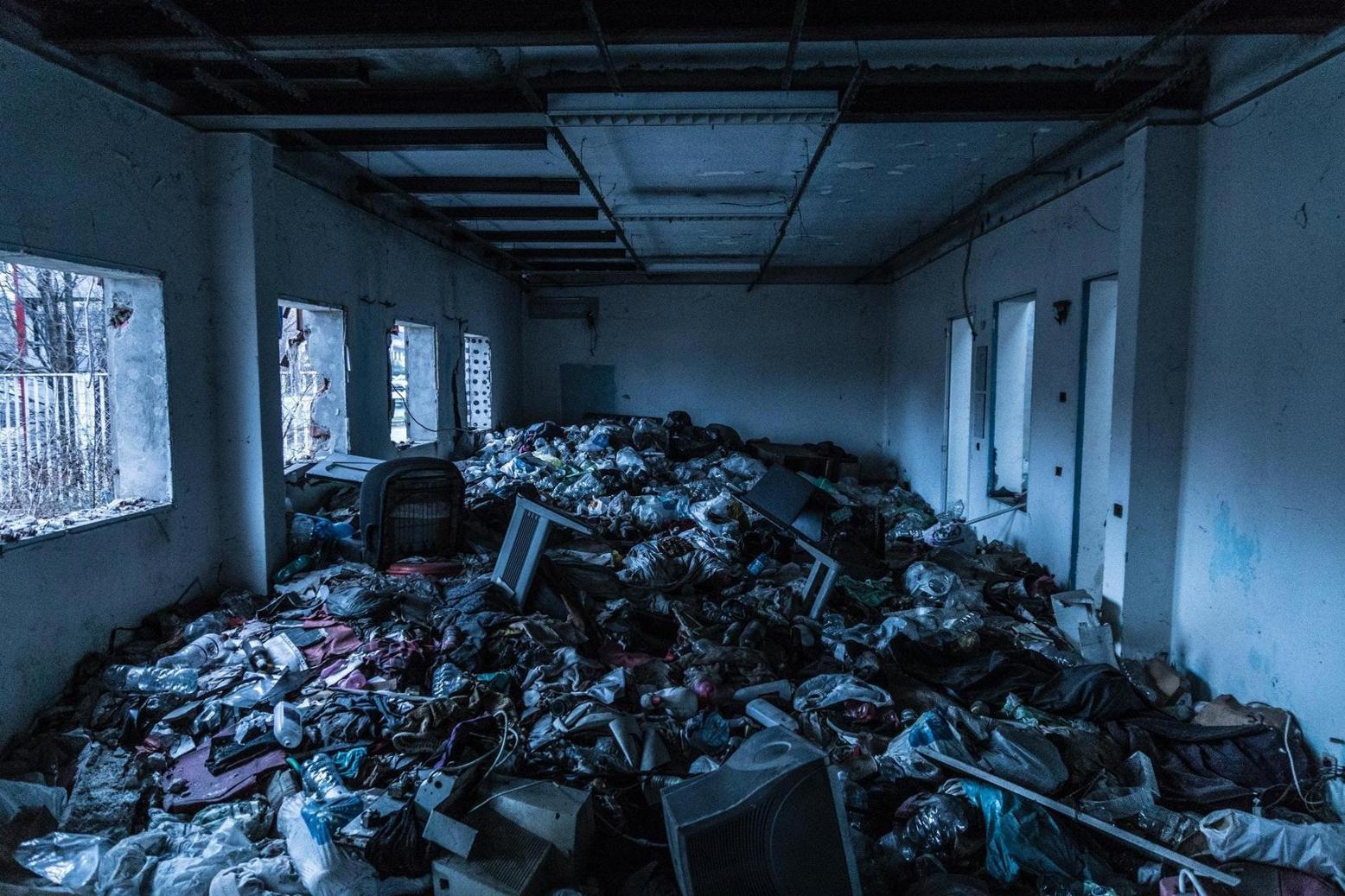Africa-Press – Rwanda. Technology brings new products and gadgets from time to time and sometimes, people do not properly dispose of the old ones that result in electronic waste (also known as e-waste).
According to greencleanguide.com, disposing of gadgets and devices improperly increases the chances of dangerous chemicals contaminating the soil, polluting the air and leaching into water bodies.
All electronic waste is made up of deadly chemicals such as lead, cadmium, beryllium, mercury and brominated flame retardants.
The demand for electrical and electronic equipment has increased significantly in Rwanda due to the general economic growth and modernization.
The 2014 inventory survey on e-waste in Rwanda showed an annual increase of 6 per cent and a total quantity of ten thousand (10,000) tons of e-waste generated each year plus the quantities generated in the past years.
Gaella Ingabire, a resident in Nyarugenge District said that when electronics devices get old, they keep them in the house but some like dry cells are disposed of in the toilet because they are poisonous.
She said that sometimes, some people come to collect e-waste at her home and pay a little cash.
Manzi, a resident in Huye District said that many e-waste, especially from electronic devices are sold before they get so old, adding that those that contain metals are taken by children who sell them at different metal collecting points for small money.
He said that other devices like broken lamps and wires are disposed of into trash sacks and get carried by collectors together with other wastes.
In some homes, he continued, electronic devices like remotes are turned into children’s toys which shows that sometimes e-waste is not properly handled.
In its report “Children and digital dumpsites: e-waste exposure and child health”, the World Health Organization (WHO) states that children exposed to e-waste are particularly vulnerable to the toxic chemicals they contain due to their smaller size, less developed organs and rapid rate of growth and development.
They absorb more pollutants relative to their size and are less able to metabolize or eradicate toxic substances from their bodies.
Olivier Mbera, the Country General Manager of EnviroServe Rwanda, a public private partnership e-waste recycling facility, said that people should not mix e-waste with other waste at home, adding that if possible, every kind of e-waste must be separated.
Devices like lamps, he added, shouldn’t be stored together with other electronic devices because they can get damaged and spread mercury poison that can harm people’s lives.
He declared that batteries must also be stored on their own because they are poisonous and can cause fire since sometimes they are not fully discharged, adding that when stored inappropriately, the negative pole can connect with the positive which can result in an accident.
He advised people to bring e-waste to collection points set in different districts so that skilled technicians can handle them, adding that they are now in 20 districts across the country and most of them are near public markets.
According to him, Enviroserve has also trained around 160 agents who collect e-waste from different places, adding that the number is increasing as they also look forward to establishing e-waste collection points in all districts of Rwanda.
People can also check the collection points and access e-waste management services via this website.
For More News And Analysis About Rwanda Follow Africa-Press






